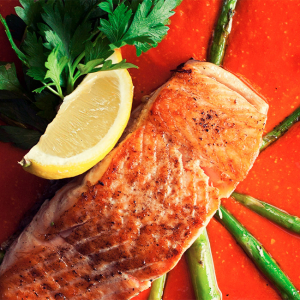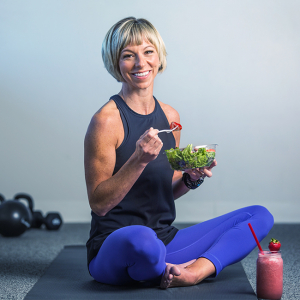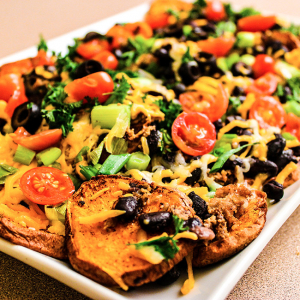Why Not All Fat Is the Enemy of Weight Loss
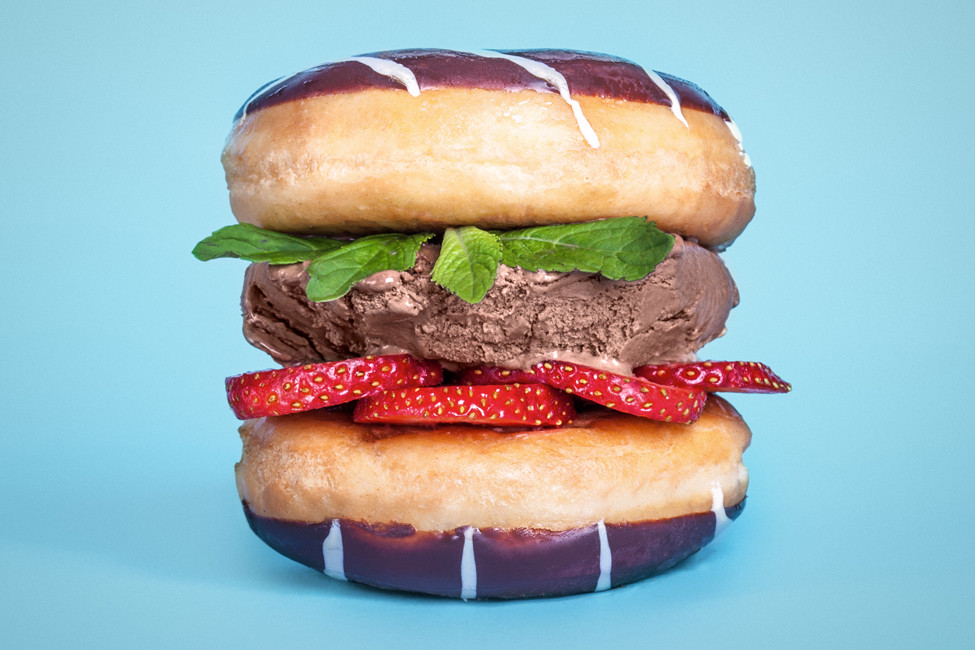
Science doesn’t always get it right. In the 1970s the notion was propagated that fats, all fats, were the devil incarnate when it came to foods and if you wanted to be healthy and slim you had to avoid them like your life depended on it – and they honestly believed that it did.
Fast-forward 40 years and the general consensus is that this was wrong, very wrong. In fact, it is described by neurologist and author Dr. David Perlmutter as “the most perverse recommendation for human health ever conceived.” After millions of years of obtaining essential calories from fat, suddenly it was off the table and “nothing,” says Perlmutter, “could have been worse for our health.”
Those essential calories had to be replaced with something, so we turned to carbohydrates, essentially sugars, which cause our bodies to make insulin, and this results in the production of fat.
This process was not a problem in caveman times; it’s actually a very effective bodily mechanism which allows us to store calories and enabled us to survive periods of food scarcity as we evolved as a species. The problem is that with the banishing of fat and the dramatic increase in sugars, the insulin switch is almost permanently on.

Ironically, the “low-fat” items which are marketed as healthier alternatives actually contain more sugar and thus trigger a larger insulin release. But with all the fear around fats, how do you know what you should actually be looking for?
“What we know now is that some fats are actually good for us,” says Dr. Richard L. Riley – a strong advocate of nutrition as therapy at his Little Rock Chiropractic Clinic. “Good fats reduce inflammation in the body, strengthen our cardiovascular system and help to regulate our hormones. The mentality of not eating fats for fear of making us fat and giving us heart disease and believing that sugar is ok has led us into a deplorable state of health. We are, as such, a nation of rampant obesity, heart disease, diabetes, cancer and IBS.”
Riley suggests opting for healthy fats like almonds, walnuts, avocado, olive oil, eggs and fatty fish such as salmon, mackerel, sardines, as well as healthy oils like coconut, palm and flax seed oil (all unsaturated fats).
“Trans fats, on the other hand, were created in a laboratory to give products a longer shelf life and should be avoided as far as possible,” Riley says.
“These fats are bad and are commonly found in foods such as baked goods, cookies, crackers, cakes, muffins, pie crusts, pizza dough and breads like hot dog and hamburger buns.”
Little Rock nutritionist David Rath concurs that there are plenty of benefits to be had from consuming the right fats. “The Mediterranean Diet has been shown to have many health benefits, especially for decreasing risk of heart disease. Many people consuming foods included in the Mediterranean Diet may get up to 35 percent or more of their calories from fat (olive oil, nuts, omega-3s from cold water fish, etc.).”
While there is now no doubt that unsaturated fats are an essential part of a healthy diet, the jury is still out on saturated fats. “As far as saturated fat is concerned,” Rath says, “there is evidence showing that some types may be harmful and some not. Some studies appear to indicate that the longer-chain saturated fats (e.g. from animal meat) possibly raise your risk of heart disease, while low- and medium-chain saturated fats (e.g. from coconut and dairy) may not.”
Rath advises not becoming too fixated on one singular aspect of your diet and to instead practice a holistic approach. “We must be careful not to become so obsessed with a particular nutrient that we forget about the overall nutritional profile of a food or beverage.”
However he does note that there is one ingredient you should always avoid putting in your shopping cart. “One item to look for in the ingredients list would be hydrogenated fats and oils. Although trans fat must be reported on the Nutrition Facts Label, if a serving has less than half a gram, it can report grams as zero. If you have several portions of this item, or others like it, during the day, you could get too much trans fat, which is the worst kind of fat for your health.
“Eating a plant-based diet with plenty of fruits, vegetables and whole grains, coupled with low-fat dairy/dairy alternatives and moderate amounts of poultry, fish and lean meat is the best you can do to ensure that you’re taking care of your body nutritionally.”
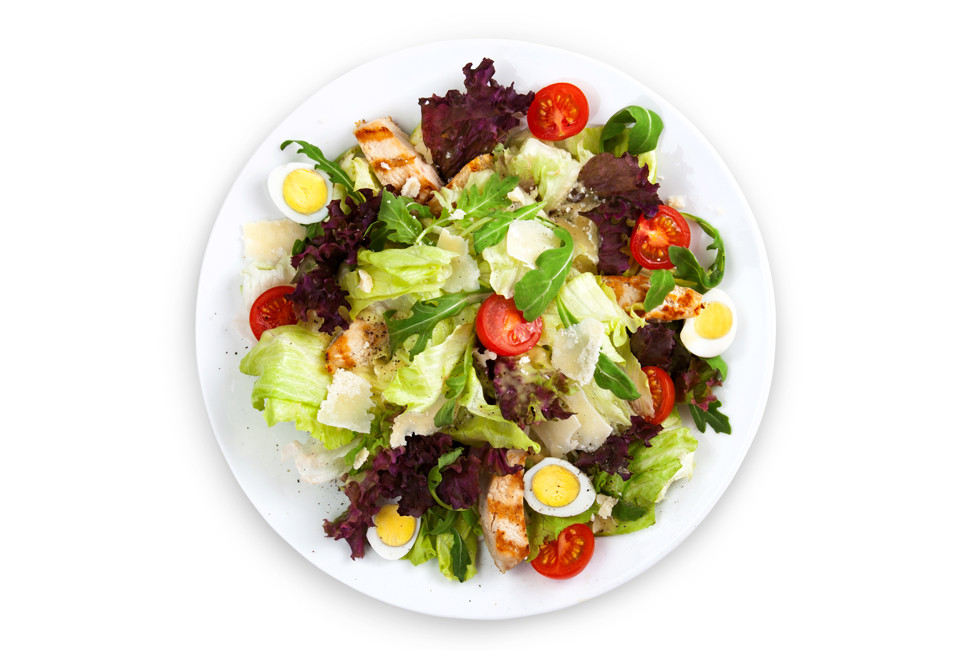
Dr. Riley’s tips for health:
- Eat all of the salads you want, but make your own olive oil-based dressing, or order an oil and vinegar dressing when dining out.
- Eat your vegetables, all colors.
- Eat protein such as small amounts of grass-fed beef, pork, free-range chicken, fish (the fatty ones like salmon), turkey, eggs and beans.
- Sweeten with stevia, which is a plant-based product.
- Limit dairy and most grains — especially the genetically modified ones.
- Eat like grandma ate. She ate primarily out of the garden.
- Food is the new medicine. Eat simply and live a longer, healthy life.
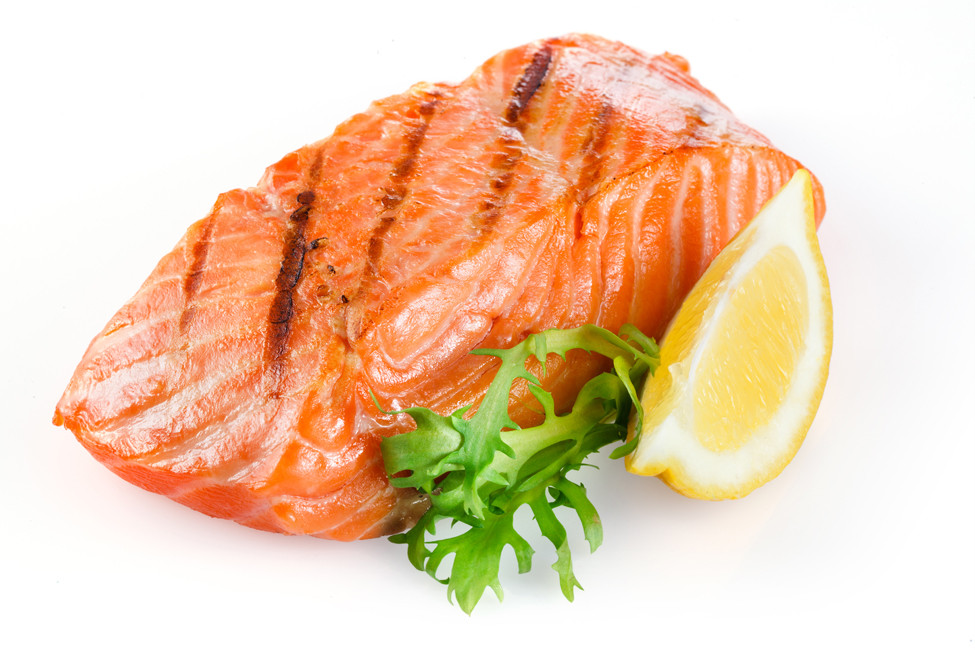
David Rath’s tips for sticking to a weight loss regime:
- Keep track of your diet and activity, at least until they become a part of your life and are habits, just as brushing your teeth is a routine that you do daily.
- Find an activity that you like so that you will do it. Don’t join a gym if you don’t like to run on a treadmill or lift weights. Take up gardening, dancing, swimming or walking with a friend.
- Create an environment that is conducive to your goals. We only have so much willpower, so don’t tempt fate! If sweets are your downfall, don’t keep them in the house; or if you can’t avoid picking up some fast food on the way home, take a route that doesn’t have fast food places lining the street.
- Have a support system. Let your family and friends know your goals; they will be more supportive and less likely to encourage you to get a meat-lovers pizza with them.
- Partner up. Find someone else with similar goals and encourage each other. You are less likely to not show up for a physical activity session if someone is expecting you to be there.
- Don’t be discouraged. We all have setbacks in life; we learn from them and go on. It’s the same with healthy lifestyle choices. And if you want to have an ice cream cone, do it! There are no forbidden foods — it’s your overall diet that’s most important.


